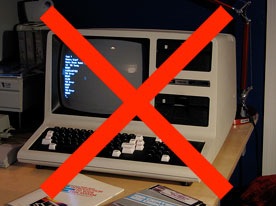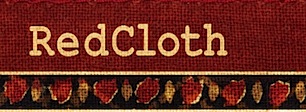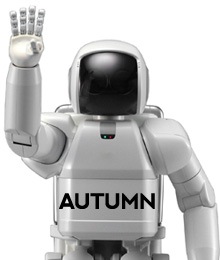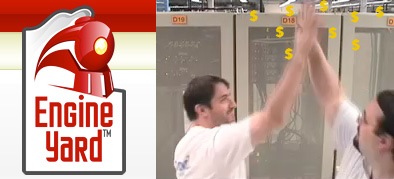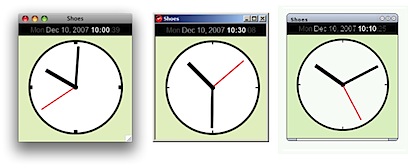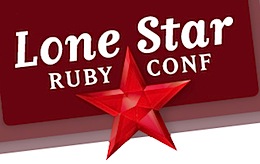By Peter Cooper / July 7, 2008
Trollop is a command-line argument processing library for Ruby. Developer William Morgan says Trollop is “designed to provide the maximal amount of GNU-style argument processing in the minimum number of lines of code.” It makes a refreshing change to the more popular, but generally scary, cmdparse. The homepage features some examples of its usage.
Once you’ve installed trollop with the usual gem install trollop, you could write:
require ‘trollop’
opts = Trollop::options do
opt :http_1_0, “Force HTTP/1.0″
opt :http_1_1, “Force HTTP/1.1″
opt :hide_referer, “Hide referer”, :default =true
opt :connections, “Set number of simultaneous connections”, :default =2
end
p opts
Running the script with no command line options would result in opt becoming:
{:http_1_0=false, :http_1_1=false, :hide_referer=true, :connections=2, :help=false}
You also get a –help (or -h) option for free that describes how to use the options:
Options:
–http-1-0, -h: Force HTTP/1.0
–http-1-1, -t: Force HTTP/1.1
–hide-referer, -i: Hide referer (default: true)
–connections, -c : Set number of simultaneous connections (default: 2)
–help, -e: Show this message
Note that trollop takes care of assigning the short-hand individual letter options, assigning the next letter within the string if the previous ones are taken. Read More
